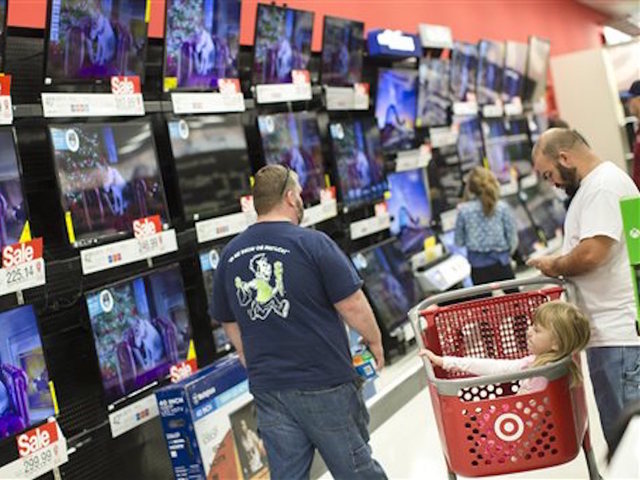After the Capitol insurrection, major social media sites — and web hosting platforms that provide the tools for them to stay online, like Amazon Web Services — made strong efforts to eradicate domestic violent extremists and conspiracy groups like QAnon from their platforms. AWS removed far-right social media space Parler from its services, causing it to go temporarily offline.
Since then, many of these far-right groups have jumped to online spaces like Gab. These alternative hosting companies hold terms of service that allow hate speech and other unfavorable content to flourish on their platforms.
The most well-known of these alternative hosting sites is Epik, backed by CEO Rob Monster, who over the years has provided services to a number of hate-speech-filled message boards like neo-Nazi site The Daily Stormer and 8chan.
In some cases, Epik has stepped in to provide these services after far-right spaces were dropped by their original web hosting providers.
For example, after it was revealed that the perpetrator of the Pittsburgh synagogue shooting used Gab to post hate speech, the site was subsequently dropped by GoDaddy, but Epik stepped in to provide domain hosting services so Gab could stay online. It also stepped in to provide Parler with domain hosting services after being dropped by AWS.
"What we're seeing now is some of the more reputable companies saying that we're not going to be a part of that, we're not going to let our systems be abused," said Bret Schafer, media and digital disinformation fellow at the Alliance for Securing Democracy. "There is a huge ecosystem that allows disinformation to be monetized, and I think the more reputable companies are seeing this as a challenge to their business."
Jack Bratich, author and Rutgers University professor, said one worry he has about the pairing of companies like Epik and Gab is that it not only makes these companies financially dependent on each other, it also allows them to push other potentially dangerous ideologies even further.
"I think there's something bigger going on socially and culturally around these media platforms ... that expands beyond both the financial incentives," Bratich said. "This is tied to a kind of development of a kind of Christian nationalism and a desire for a kind of a theocracy in the U.S. People like [Rob] Monster, who owns Epik, have been pretty forthcoming about that."











